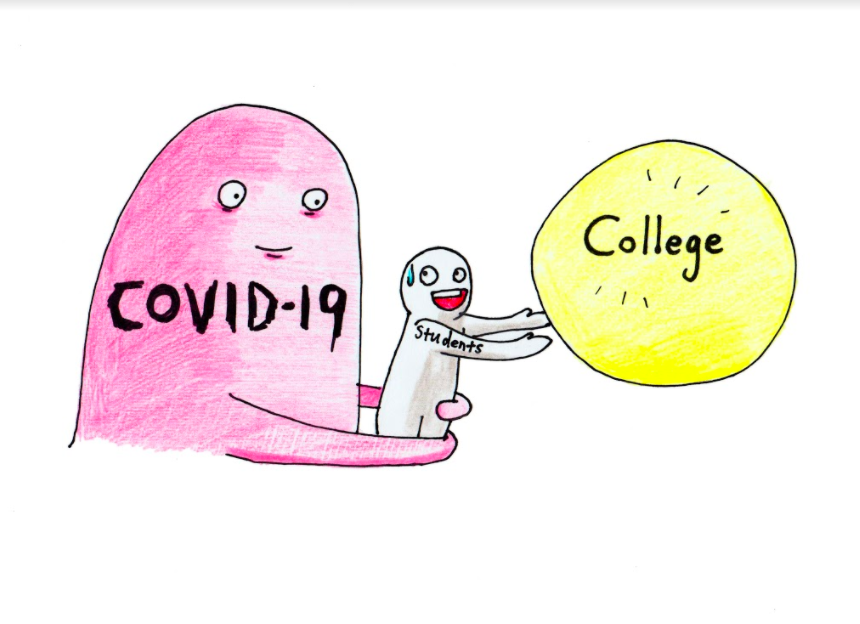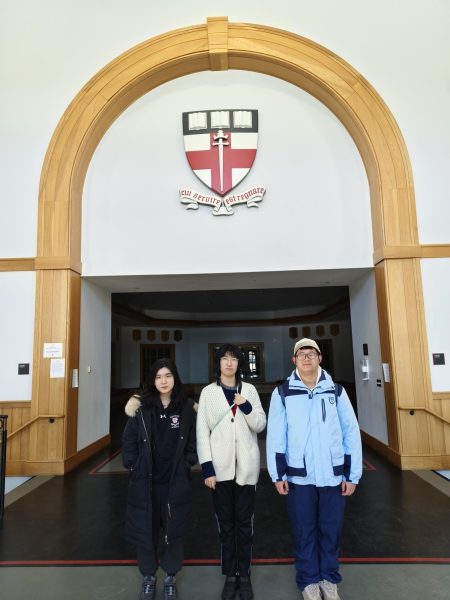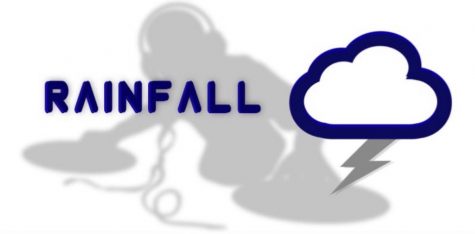COVID-19 Changing College Process
Due to the rapid spread of COVID-19 across the US, many upcoming college tours and standardized tests have been canceled or postponed until August. In the wake of this unprecedented tumult, many high school juniors fear that the coronavirus pandemic may disadvantage them in the upcoming college admissions cycle.
To ease the minds of current high school juniors around the country, many colleges have issued statements detailing the ways in which their institutions plan to adapt. For example, the University of Virginia (UVA) wrote to reassure future applicants: “Please know that students will not be at a disadvantage in the admission process as a result of school closures and/or cancellations of standardized tests. You are not responsible for things you cannot control.”
Many schools are also removing standardized testing requirements. Boston University and Tufts University have already notified juniors that they will become test-optional for the 2020-21 admissions cycle. The Massachusetts Institute of Technology (MIT) will no longer require SAT subject tests and will not consider them when reading applications for their class of 2025. Director of College Counseling Megan Harlan predicts that many more schools will implement similar policies to MIT, Boston University, and Tufts.
When asked how changes in the standardized testing schedule affect fifth formers at Groton, Mrs. Harlan said, “Much of this depends on how long the pandemic lasts for — if the College Board, ACT, and colleges are back up and running in the summer, there will not be much of an impact on Groton students in the fifth form. We are fortunate that our fifth formers took an ACT and the SAT in the fall, and many are done taking those tests.”
Unfortunately, the students hoping to take the SAT or ACT in the spring must wait until the fall. The May SAT was canceled and students already registered were refunded. The June SAT was also canceled; students who had registered for it will be able to transfer their registrations to a fall exam for free or request a refund. In addition to the originally scheduled tests in August, October, November, and December, the College Board is adding an SAT test in September. “Registration for fall SAT administrations will open in May,” the website states. “We’ll contact students directly during the week of May 26 to provide an exact date.” The College Board also announced that, in the event that schools do not reopen this fall, the SAT will be administered online.
The April ACT was also canceled, and all students who were registered for it were sent emails with instructions on how to sign up for the June exam for free. Those who decided not to re-register for the June exam were refunded. As of April 25, ACT announced, “As CDC and local guidelines for safety allow, ACT will offer its June and July national test dates as scheduled.” ACT is also launching a test-at-home option for this coming fall and winter.
In addition, the College Board announced that it would alter but not cancel Advanced Placement (AP) tests this spring. In an email on March 23, the College Board said that, after 91 percent of students surveyed urged the organization not to cancel APs, it would be changing the vast majority of tests to 45-minute online exams. In addition, while students will still be asked to take the tests in May, they will “only include topics and skills most AP teachers already covered in class by early March.” Despite the shortening of APs, the College Board said that most colleges have pledged to continue awarding college credits for the truncated exams: “We’re confident that the vast majority of higher education institutions will award credit and/or placement as they have in the past. We’ve spoken with admissions officers at hundreds of institutions across the United States who support our solution for this year’s AP Exams.”
In terms of the next steps for the fifth formers, the College Counselors began virtual meetings in the second week of April. One of the office’s primary concerns is to formulate a new standardized testing plan for all affected fifth formers. Students and counselors will meet through Google Hangouts to ensure that students are prepared for the college process and are up to date with changes caused by COVID-19.
Additionally, recent graduates Lily Cratsley ’19, Sophie Conroy ’19, and Karla Sanford ’19 are organizing a guide-book to colleges by young Groton alumni for current students. “Groton’s Declassified Guide to College” was released to the sixth form on April 11. The guide contains information on 73 colleges as well as gap years and the college transfer process. The notes on each school are split up into different sections: social, academic, extracurricular, party culture, food and dorms, campus, athletics, location, and contact information for current students. There are a few that are not fully completed, but many contain insider information from current students that Groton students cannot get from a campus tour or information session. Mrs. Harlan hopes this “will help both current sixth formers who are deciding where to deposit and for fifth formers who were not able to visit this March.”
While COVID-19 has added uncertainty to the college process, the College Office hopes that students will be able to go on tours this summer and are grateful that they have already been able to meet with all fifth formers at least twice and have hosted programming for parents this past winter.












